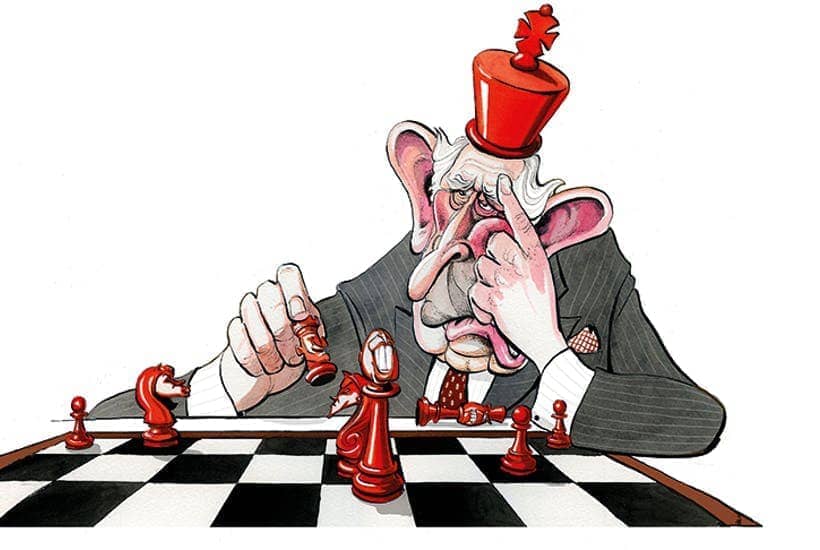Charles is a prince on a perilous path. It’s a well-trodden one that is proving more problematic the closer he gets to having a crown placed on his head. He has opinions, who doesn’t. He wants to share them, like the rest of us. His decades long predicament is that he occupies a privileged position which should limit his ability to hold forth.
His once private – and not denied – belief that the government’s plan to deport asylum seekers to Rwanda is ‘appalling’ is not the consensus view. A man teetering on the edge of inheriting a unifying role as Head of the Nation has entered a divisive debate very firmly on the side of Boris Johnson’s opponents. One day those occupying the roles of Prime Minister and Home Secretary will be devising immigration policy as members of His Majesty’s Government.
The prince’s officials insist he remains politically neutral and matters of policy are decisions for government. Their challenge, which they’ll have been acutely aware of even as they fashioned this defence, is that in this instance the Prince of Wales hasn’t been neutral. And while the final shape of a policy might be for a government to decide, Charles has form when it comes to trying to influence what ends up on the statute book.
The monarchical straitjacket delights those who believe Charles could one day provoke a constitutional crisis
As a young man, back in 1970, one of the first topics to provoke him was the fate of Atlantic salmon, an issue exercising him long before declining fish stocks became an emotive topic. Countless government ministers have been recipients of ‘black spider’ memos, so called because of his distinctive handwriting style.
This weighty correspondence, a very limited selection of which was released under the Freedom of Information legislation, has in the past covered topics as varied as the lack of resources for the armed forces, the benefits of complementary medicine and the need for affordable homes. In an exchange of letters with Lord Irvine about the Human Rights Act the prince scrawled the word ‘rubbish’ on a reply he received from the then Lord Chancellor.
He’s not just expressed himself in words. During the 1999 Chinese state visit he showed his support for the Dalai Lama and his distaste for the Chinese regime by boycotting one of the state banquets and making sure the reason for his absence was briefed to a newspaper. Mark Bolland, his former senior aide, described Charles as a ‘dissident’ working against the ‘prevailing political consensus’.
Given such a lengthy track record, it’s not surprising those around him have devoted considerable energy to framing how the heir to the throne will behave when he inherits what Diana called the ‘top job’. According to the narrative of his friends and supporters, being Prince of Wales affords him considerable latitude and he knows it’ll disappear the moment he fulfils his destiny.
In the few interviews where he’s reflected on how he’ll behave as king, Charles has accepted he’ll be much more circumscribed and insisted he wasn’t ‘that stupid’ not to realise he won’t be able to speak out in the same way when sovereign. He’s painted a picture of an existence at Buckingham Palace where he will use his ‘convening power’ to bring the right people together to address weighty matters, like the environment.
It’s a future in which he could deliver a King’s Speech containing policies he doesn’t approve of and give royal assent to laws he doesn’t support. It’s one where he can consult, advise and warn the government in private, while smiling, waving and unveiling plaques in public. As monarch, most of his utterances will be delivered on the advice of ministers. This is the fate awaiting someone who’s declared ‘speaking out is in my blood’.
The monarchical straitjacket – which has never irked the Queen – delights those who believe Charles could one day provoke a constitutional crisis. Such concern is heightened by the fact his criticism of asylum policy has emerged in the wake of the successful Platinum Jubilee celebrations and while the transition from mother to eldest son is at full throttle.
The risk is of an opinionated prince morphing into a meddlesome king.






Comments